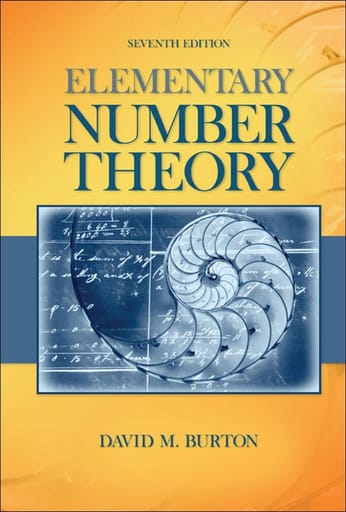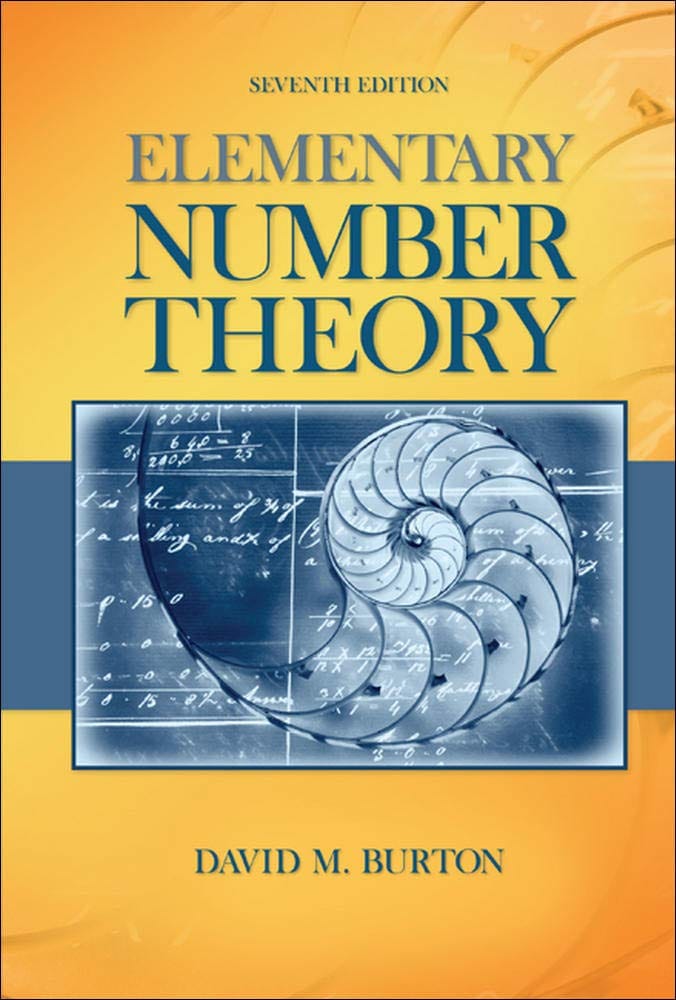
Elementary Number Theory Problems 3.3 Solution (David M. Burton's 7th Edition) - Q25 Paid Members Public
My Solution for "Let $p_{n}$ denote the $n$th prime. For $n > 3$, show that $$p_{n} < p_{1} + p_{2} + \cdots + p_{n-1}$$ [Hint: Use induction and the Bertrand conjecture.]"
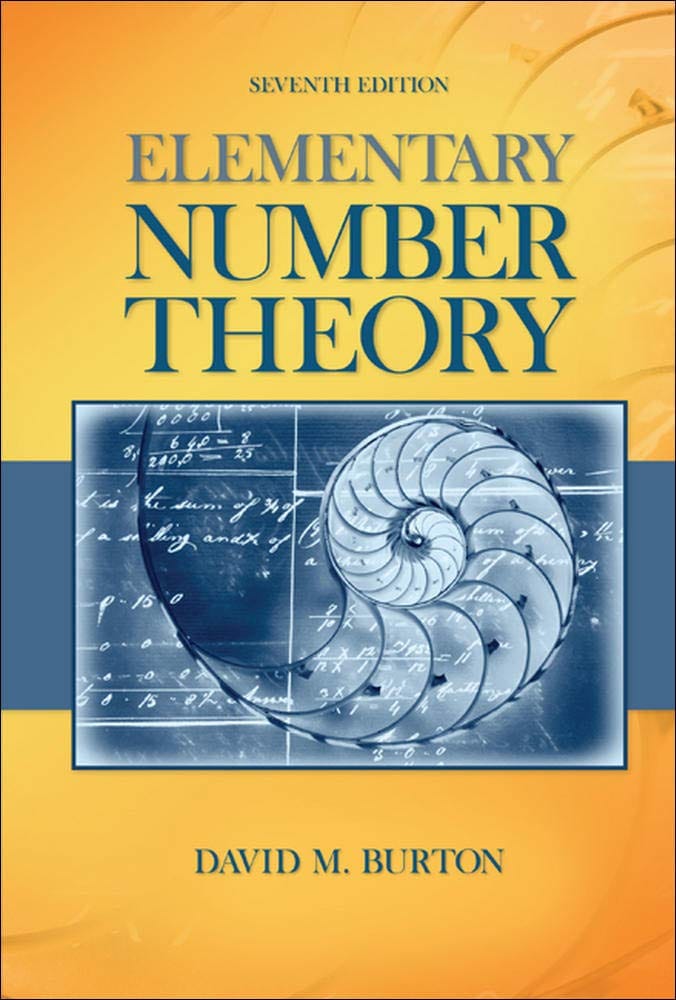
Elementary Number Theory Problems 3.3 Solution (David M. Burton's 7th Edition) - Q24 Paid Members Public
My Solution for "Determine all twin primes $p$ and $q = p + 2$ for which $pq - 2$ is also prime."
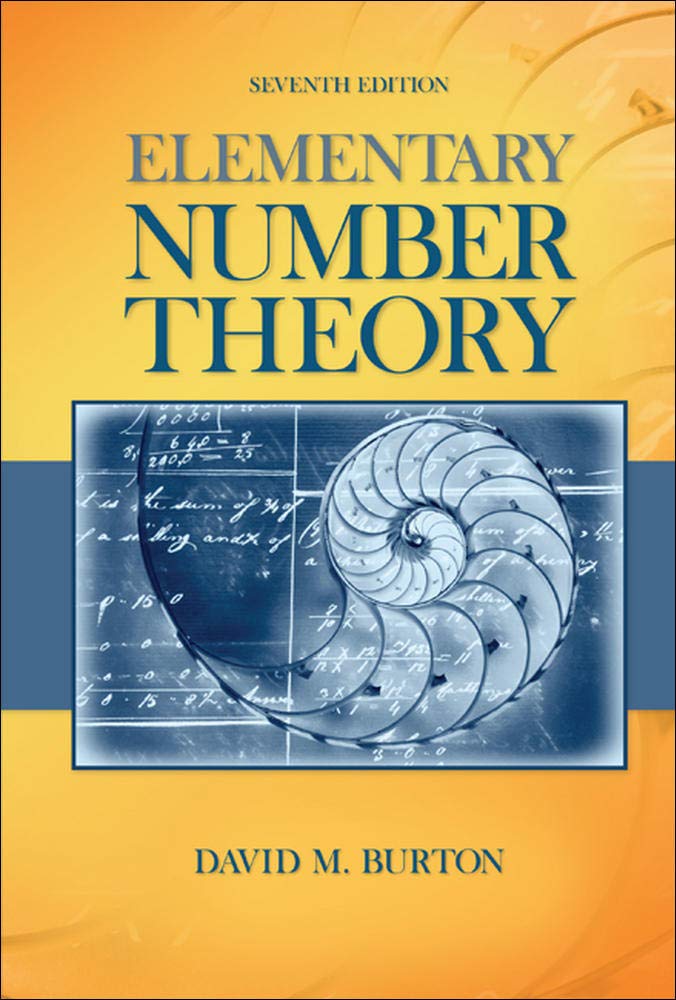
Elementary Number Theory Problems 3.3 Solution (David M. Burton's 7th Edition) - Q23 Paid Members Public
My Solution for "(a) The arithmetic mean of the twin primes $5$ and $7$ is the triangular number $6$. Are there any other twin primes with a triangular mean? (b) The arithmetic mean of the twin primes $3$ and $5$ is the perfect square $4$. Are there any other twin primes with a square mean? "
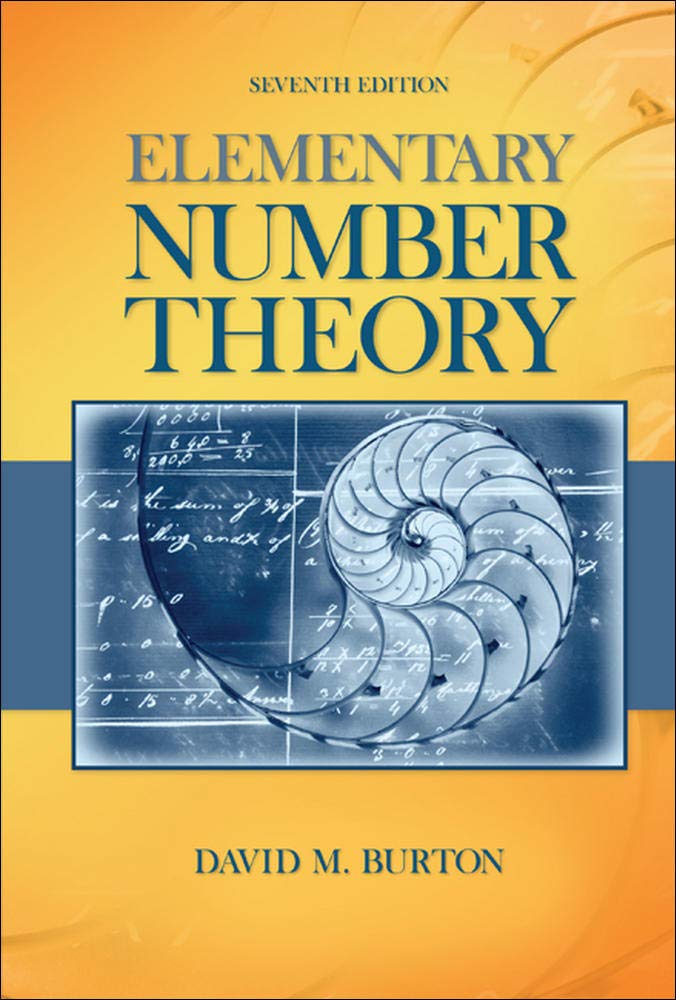
Elementary Number Theory Problems 3.3 Solution (David M. Burton's 7th Edition) - Q22 Paid Members Public
My Solution for "Show that $13$ is the largest prime that can divide two successive integers of the form $n^{2} + 3$."

Elementary Number Theory Problems 3.3 Solution (David M. Burton's 7th Edition) - Q21 Paid Members Public
My Solution for "(a) For any integer $k > 0$, establish that the arithmetic progression $$a + b, a + 2b, a + 3b, ...$$ where $gcd(a, b) = 1$, contains $k$ consecutive terms that are composite. [Hint: Put $n =(a+ b)(a + 2b) \cdots (a+ kb)$ and consider the $k$ terms $a+ (n + 1)b, a+ (n + 2)b, ..."
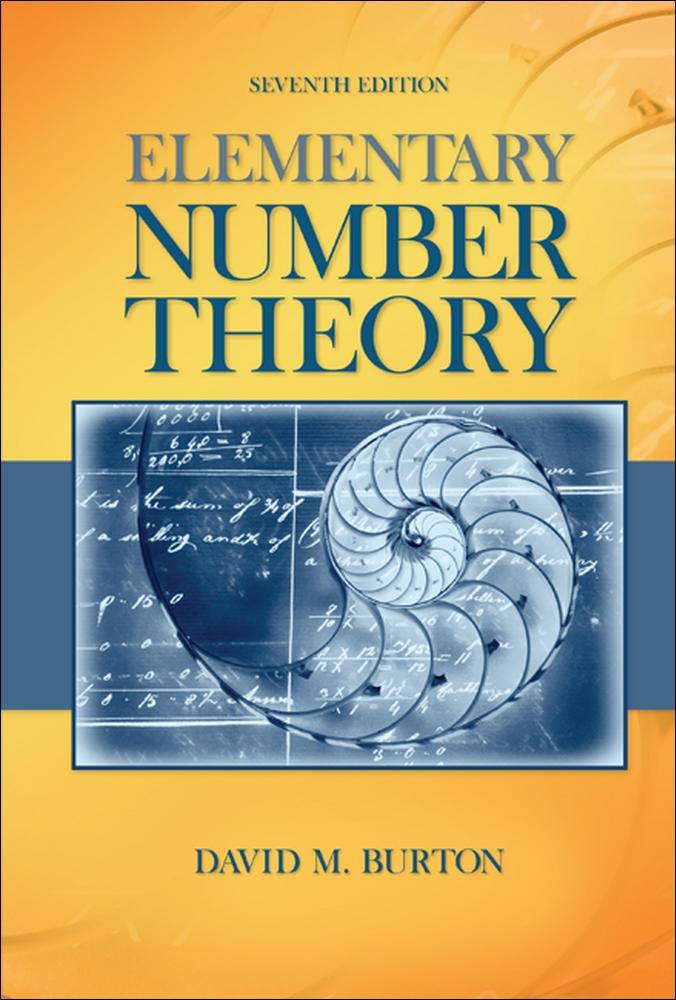
Elementary Number Theory Problems 3.3 Solution (David M. Burton's 7th Edition) - Q20 Paid Members Public
My Solution for "If $p$ and $p^{2} + 8$ are both prime numbers, prove that $p^{3} + 4$ is also prime."
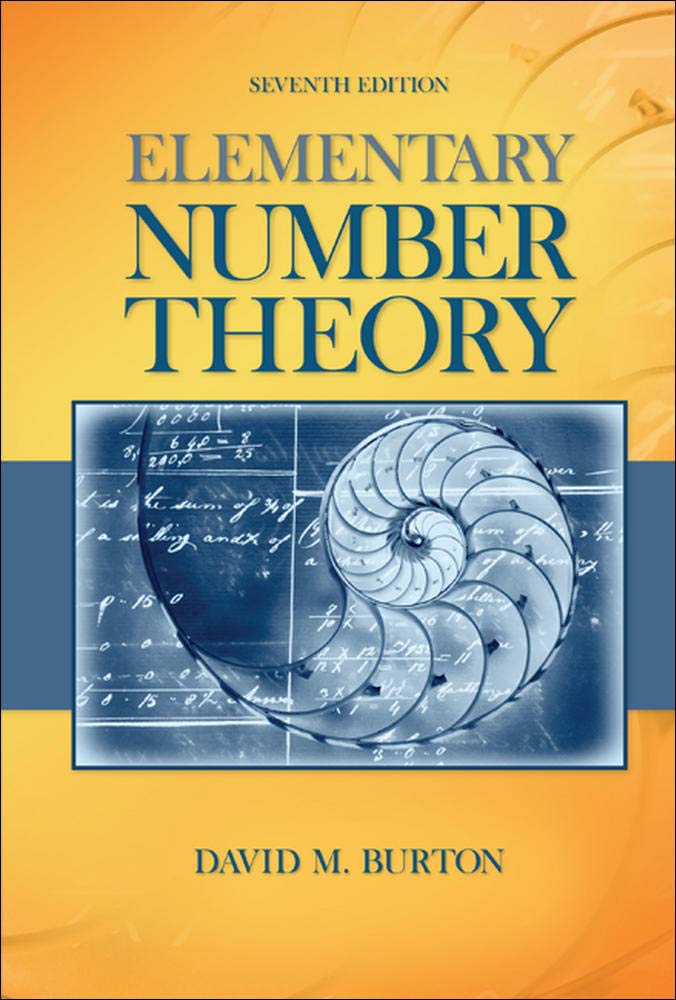
Elementary Number Theory Problems 3.3 Solution (David M. Burton's 7th Edition) - Q19 Paid Members Public
My Solution for "In $1950$, it was proved that any integer $n > 9$ can be written as a sum of distinct odd primes. Express the integers $25$, $69$, $81$, and $125$ in this fashion."
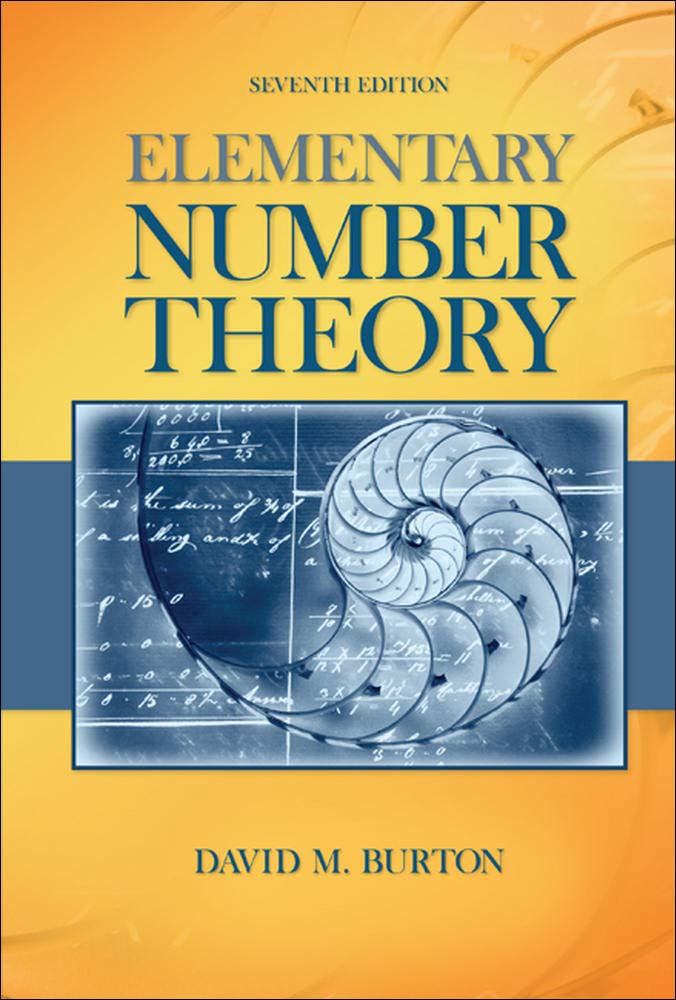
Elementary Number Theory Problems 3.3 Solution (David M. Burton's 7th Edition) - Q18 Paid Members Public
My Solution for "(a) If $p$ is a prime and $p \not \mid b$, prove that in the arithmetic progression $$a, a + b, a + 2b, a + 3b, ...$$ every $pth$ term is divisible by $p$. [Hint: Because $gcd(p, b) = 1$, there exist integers $r$ and $s$ satisfying $pr+ bs = 1$....] "
